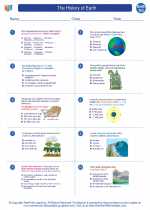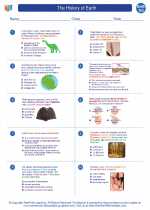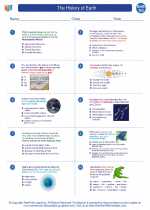Zinc
Zinc is a chemical element with the symbol Zn and atomic number 30. It is a bluish-white, lustrous metal that is often used in alloys and as a coating to protect other metals from corrosion. Zinc is also essential for the growth and development of all living organisms, making it an important element in nutrition and health.
Properties of Zinc
Zinc is a relatively reactive metal that can react with acids and air. Some key properties of zinc include:
- Atomic number: 30
- Atomic weight: 65.38
- Melting point: 419.5°C
- Boiling point: 907°C
- Density: 7.14 grams per cubic centimeter
Uses of Zinc
Zinc has a wide range of uses in various industries:
- Galvanization: Zinc is often used to coat iron and steel to protect them from corrosion, a process known as galvanization.
- Alloys: Zinc is used to make various alloys, including brass (copper-zinc alloy) and nickel silver (copper-nickel-zinc alloy).
- Chemical industry: Zinc compounds are used in the production of rubber, paint, and other chemicals.
- Nutrition: Zinc is an essential micronutrient for human health and is used in dietary supplements and fortified foods.
Environmental and Health Importance
Zinc is an essential element for all living organisms. It plays a crucial role in various biological processes, including enzyme function, protein synthesis, and immune function. Zinc deficiency can lead to growth retardation, impaired immune function, and other health problems. On the environmental front, zinc pollution can arise from industrial activities and may have adverse effects on ecosystems.
Study Guide on Zinc
To study zinc effectively, consider the following key points:
- Understand the properties of zinc, including its atomic number, atomic weight, and physical characteristics.
- Learn about the various uses of zinc in industry, including galvanization, alloy production, and its role in the chemical industry.
- Explore the importance of zinc in nutrition and health, including its role as an essential micronutrient and the potential health consequences of zinc deficiency.
- Consider the environmental impact of zinc, including sources of zinc pollution and its effects on ecosystems.
- Review any specific topics related to zinc that are covered in your course or textbook, such as the extraction of zinc from its ores or the properties of zinc compounds.
◂Earth Science Worksheets and Study Guides High School. The History of Earth

 Worksheet/Answer key
Worksheet/Answer key
 Worksheet/Answer key
Worksheet/Answer key
